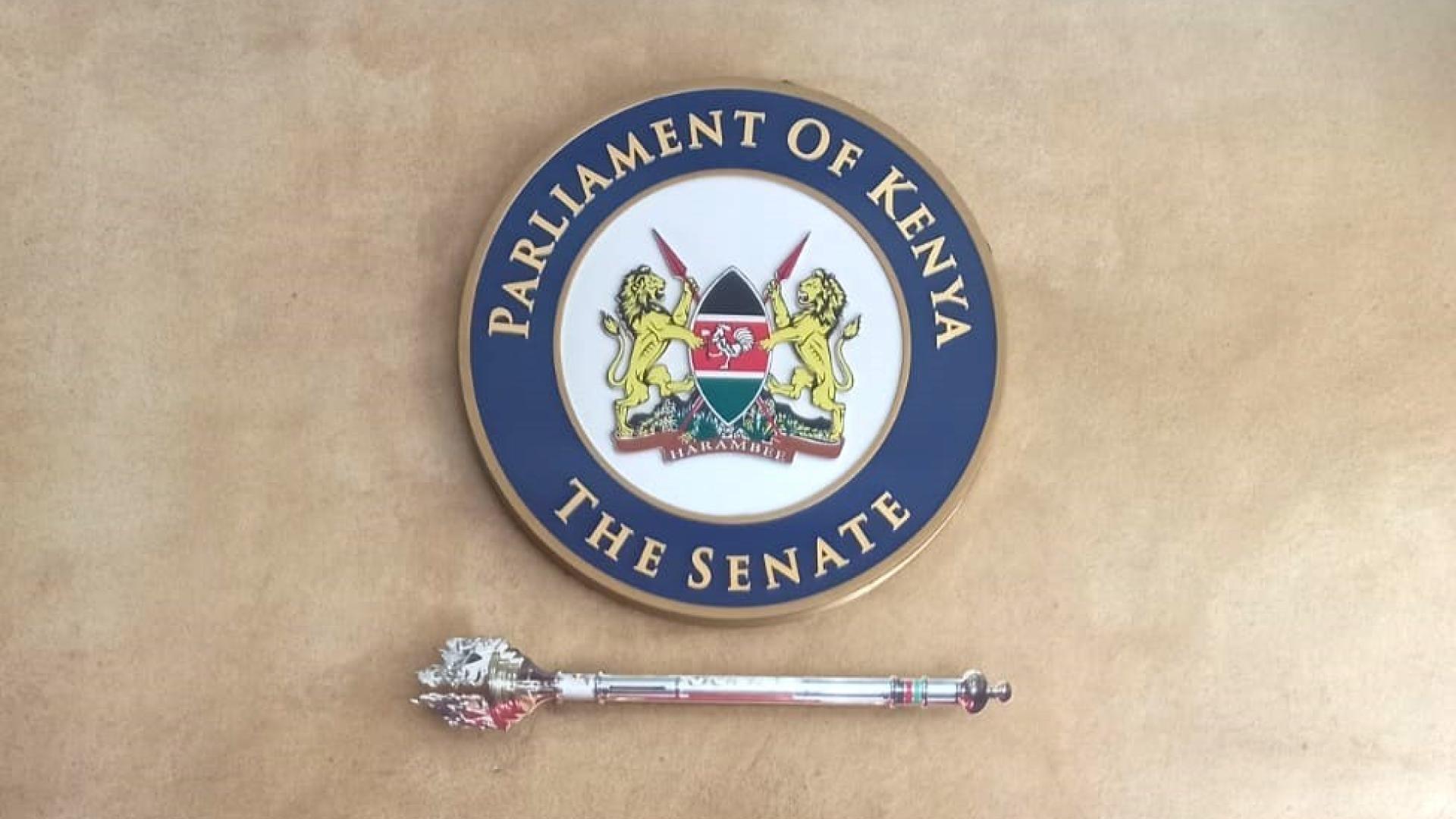President Ruto’s push for tougher graft law hits snag in Senate

The lawmakers voted to extend the period from 14 to 45 days, arguing that the proposed amendments were too detailed to handle within the initial deadline.
Efforts to pass a strong law aimed at fighting corruption have been slowed down after senators requested more time to consider President William Ruto’s reservations on the Conflict of Interest Bill, 2023.
The lawmakers voted to extend the period from 14 to 45 days, arguing that the proposed amendments were too detailed to handle within the initial deadline.
The President had referred the Bill back to Parliament on April 30 with concerns about 12 clauses, meaning the initial deadline was to expire on May 20.
But the Senate Committee on Justice and Legal Affairs, which is tasked with reviewing the President’s memorandum, said the timeline was not practical.
“We have not been able to conclude within the 14 days the Standing Order provides. That is the basis upon which we are placing this motion for consideration,” said committee chair Hillary Sigei.
Senators now expect to table their report on or before July 8, after which the two Houses—Senate and National Assembly—will be required to agree on a final version of the Bill before it is returned to the President for assent.
The Bill originated in the National Assembly and was initially passed with the aim of stopping public officers from using their positions to win government contracts for themselves, relatives, or close associates.
It also included clauses that required public servants to make regular declarations of wealth. However, when the Senate debated the Bill, several provisions were removed or changed, leading to concerns that its original intent was being watered down.
Among the clauses deleted by senators was Clause 19, which prohibited state officers from doing business with the government.
They also scrapped Clause 20, which barred public officials from having interests in firms working with government entities where they serve.
Other critical sections removed include the requirement for public officers to declare income, assets, and liabilities while in office and at the time of exiting public service.
Despite these changes, the National Assembly passed the Senate version of the Bill and sent it to the President.
But President Ruto withheld his assent, citing the need to maintain key safeguards that would ensure public officials serve without personal financial interest in public contracts.
While supporting the motion for more time, Nominated Senator Raphael Chimera said, “The committee wishes to be allowed more time to discuss and thoroughly look into the proposed amendments so that we come up with a more acceptable version of the Bill.”
The Cabinet had previously approved the original version of the Bill, describing it as a major step toward reducing corruption in the public sector.
A statement released at the time of Cabinet approval said the Bill would "herald a new dawn in the management of public affairs by introducing strong legal safeguards against real, apparent or potential conflict between the private interests of public servants on one hand and the public interest and their official duties on the other."
The decision by senators to dilute some of the clauses and delay the process has cast doubt on Parliament’s will to fight corruption.
Over the years, top leaders, including governors, MPs, and Cabinet members, have been charged in court for influencing lucrative tenders.
The Bill was seen as a key move in ending such abuse of office.
